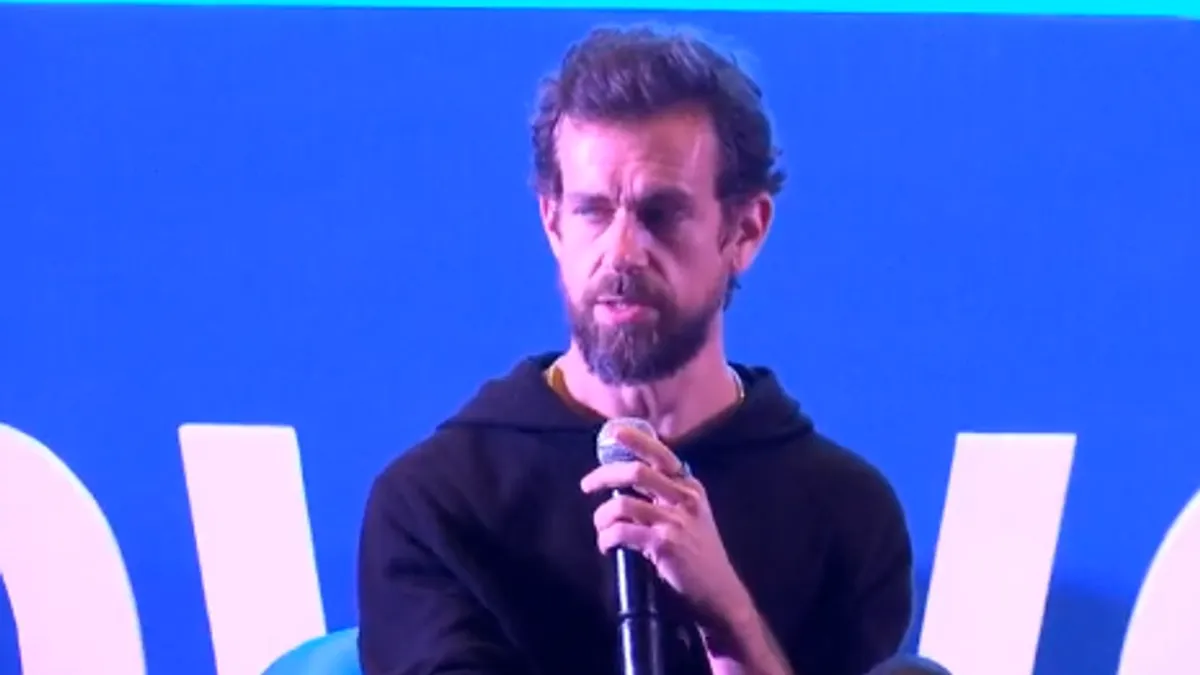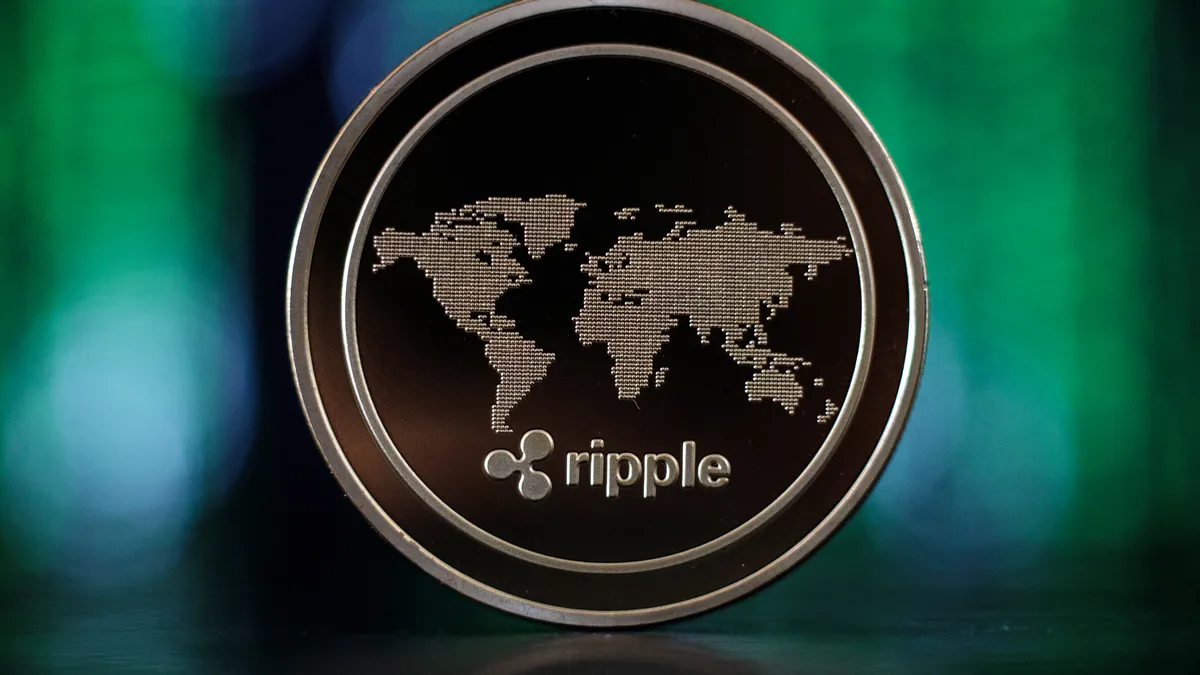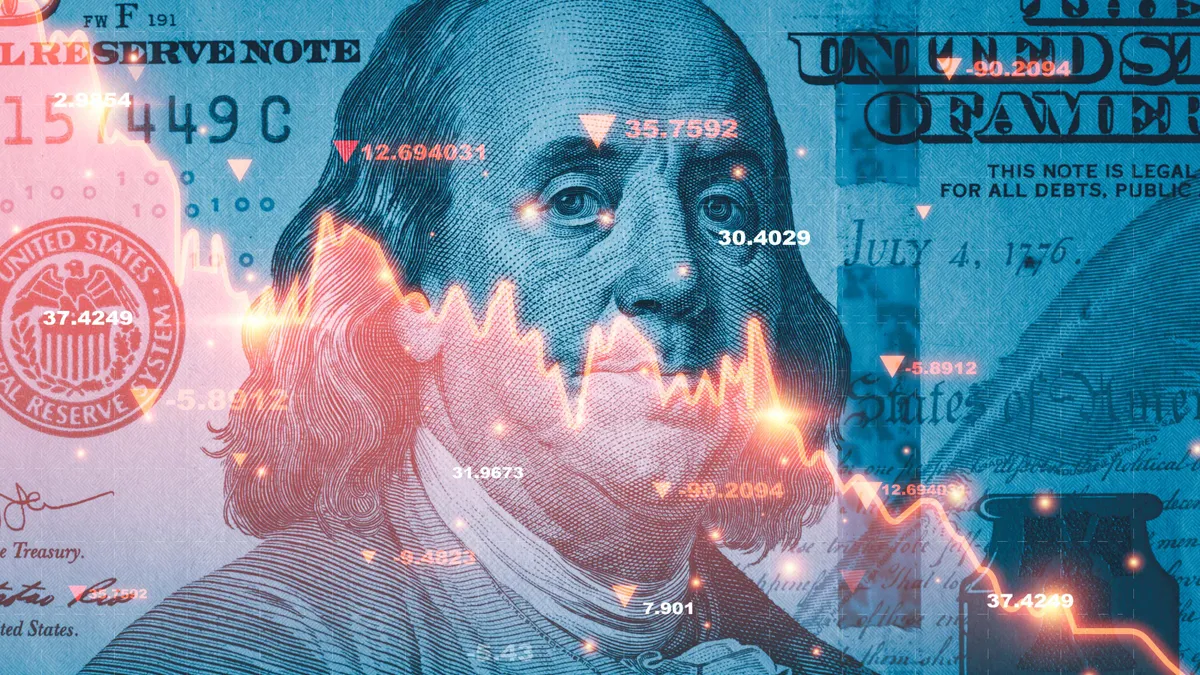Square may have begun this week by launching its long-awaited industrial bank, but the payments company bookended it Thursday by buying a majority stake in music-streaming service Tidal for $297 million in cash and stock. With that, Square may have pushed the rigid borders of its namesake shape to that of an amorphous puzzle.
But that goes along with CEO Jack Dorsey's philosophy of decentralization, right? Long before the COVID-19 pandemic, Dorsey advocated decentralizing the workplace. Since then, he's pushed to decentralize, and perhaps individualize, social networks. In the bluster to see how Tidal fits into Square's portfolio, perhaps the crux is that it doesn't have to. With this deal, Square took a turn toward Dorsey the individual.
Dorsey tried to connect the dots in a series of tweets Thursday. "New ideas are found at the intersections, and we believe there's a compelling one between music and the economy," he wrote. "Making the economy work for artists is similar to what Square has done for sellers."
Jesse Dorogusker, Square's top hardware executive who will serve as Tidal's interim chief, likewise stuck with the big picture in an interview with The Wall Street Journal.
"We're interested in a 360-degree view of artists as small-business owners. Streams is just a subset of what they do," Dorogusker told the publication, citing live performances, merchandise sales and collaborations. "Their businesses are complicated and disparate and the tools they have to manage that are many and are evolving."
Individual and company
Whatever the reasoning, Dorsey appears serious. Square on Thursday named to its board Tidal's most famous backer, rapper Jay-Z. And perhaps here's a parallel. Jay-Z is more famous than Tidal. Dorsey, who founded Twitter long before Square was a glimmer, is more famous than Square. So maybe the pairing is not about two companies but about two people. Square's investment in Tidal is may be indicative of Dorsey investing in Jay-Z.
Tidal subscription numbers — last reported in 2016 at 3 million, though more recently found by the research group MIDiA to be one-third of that — pale in comparison to industry leaders Spotify and Apple. In branching out into music, Dorsey may be taking a page from the latter's playbook. Apple Music may have seemed like a natural extension of a business plan brewing since iPods debuted in 2001. But Apple is still at heart a computer company. Much like Square is a finance company. Square's investment in Tidal may just be a skip from Apple's Point A to Point C.
But also in Apple was a CEO, Steve Jobs, who was more famous than his company. A look at billionaire entrepreneurs will give several more examples of leaders more lauded than their products. Richard Branson's brash aesthetic is more famous than Virgin. Ditto Elon Musk and Tesla. And in Musk, like Dorsey, is an executive with two household-name brands. SpaceX may have begun as an exploration for Musk, much as Square was an experiment for Dorsey. In secondary endeavors, there may be room to infuse a little more of the self. That's why a synonym for such spinoff projects includes the word "vanity."
In short, perhaps the only thing connecting Square and Tidal is Jack Dorsey. And maybe the reason he bought a majority of the music streaming service is because he could.
Square's share price has risen nearly 500% since the pandemic began last March, according to the Financial Times. And revenues more than doubled in 2020, according to the company's annual report. However, to break that down, Square's revenue from sellers grew 2% year over year to $3.5 billion. That's nowhere near the 440% jump in revenue — to $6 billion — Cash App brought in. More than three-quarters of that — $4.6 billion — stemmed from Bitcoin trading fees. The company last week bought $170 million of the cryptocurrency, in addition to a $50 million purchase it made in October.
Whither Point B?
Square's foray into banking may make more Point B sense. The Federal Deposit Insurance Corp. (FDIC) approved the company's application for an ILC charter a year ago. The industrial bank's launch Monday came as no surprise.
It will be interesting, though, to see how points B and C connect, if at all.
This is not to say music and banking don't coexist. Tennessee-based First Horizon Bank, for example, devotes an entire business unit to it — providing credit to publishers, labels, songwriters and artists, and navigating the minefield of music copyright ownership.
Andrew Kintz, executive vice president of private client services and the music industry group at First Horizon, said the bank is growing its business by financing acquisitions secured by music copyrights.
"Low interest rates, increasing performance and use transparency, and uncertainty in other asset classes has driven more and more 'smart money' to acquire and own music copyrights," Kintz said.
Songwriting catalogs, for one, fetch big money. Ask Bob Dylan, who sold his in December to Universal Music Publishing Group for an estimated $300 million. Or Taylor Swift, who said her catalog was sold to a private-equity company without her consent for roughly the same price.
As for the role of streaming services in finance, Kintz said independent artists are not paid directly from fans streaming their music but by Spotify and their ilk based on an artist's market share.
"This problem can be solved, but it is going to require many of the necessary intermediaries, most with competing interests, coming together for a better solution," Kintz said.
It remains to be seen whether Square will devise a solution to that particular pain point. Until then, it may be entertaining to see Dorsey try to explain how Square and Tidal connect.
"We're going to start small and focus on the most critical needs of artists and growing their fanbases," he tweeted Thursday. "We'll work on entirely new listening experiences to bring fans closer together, simple integrations for merch sales, modern collaboration tools, and new complementary revenue streams."
The deal is expected to close in the second quarter. Tidal will operate independently within Square, the proposed majority owner said.






















